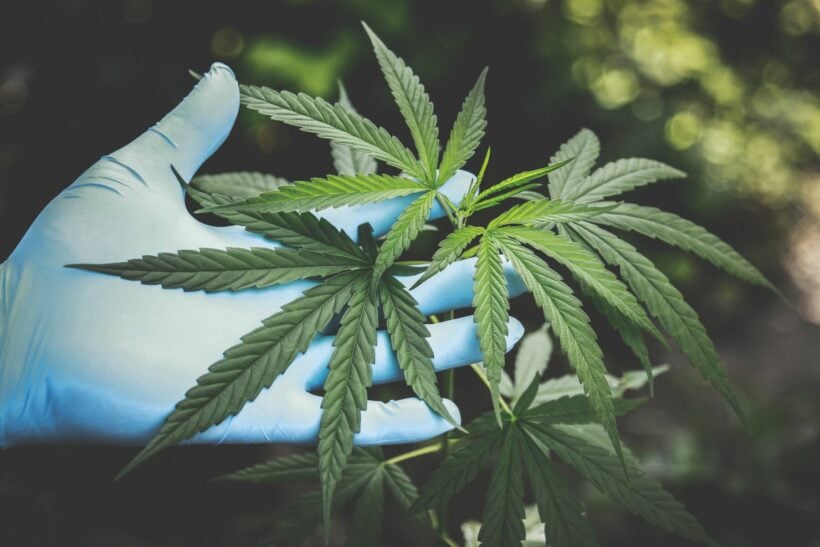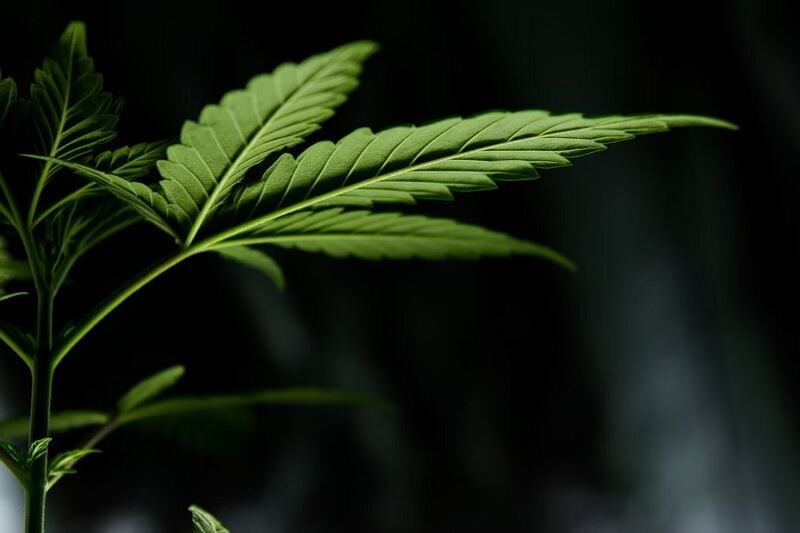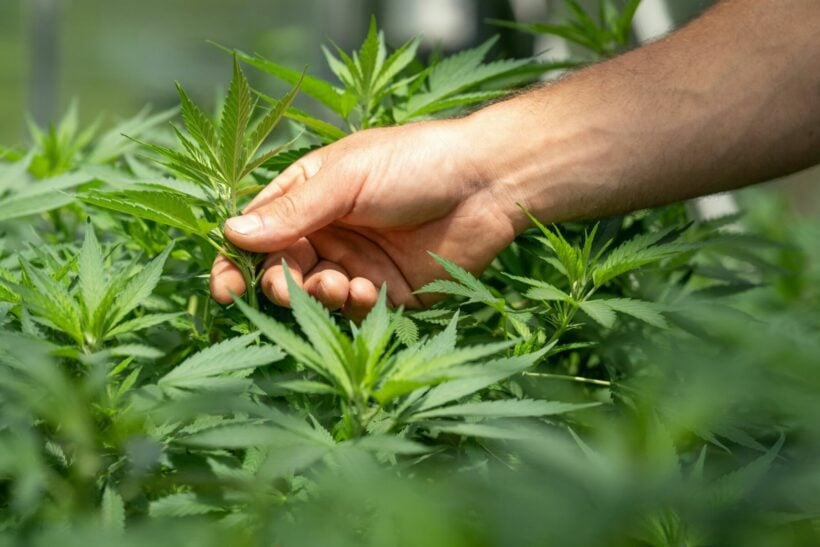Thailand’s journey with cannabis has been nothing short of a rollercoaster. From its traditional roots in medicine and cuisine, brought over from India to its criminalization in the mid-20th century, the narrative around cannabis has seen dramatic shifts. The term ‘ganja’, reflecting its Indian origins, once symbolized its cultural significance.
The turn of the century marked a pivotal change in how Thais view cannabis. The legalization of medical cannabis in 2018, followed by the groundbreaking move to allow recreational use in 2021, showcases a significant shift in social attitudes. This evolution mirrors a global trend of softening perspectives towards cannabis, positioning Thailand at the forefront in Asia.
Historical context of cannabis in Thailand
Conditions treated with medical cannabis
Medical cannabis in Thailand has opened new doors for treating various conditions. You’d be amazed to learn that a wide range of ailments, including chronic pain, epilepsy, and more recently, even cancer and PTSD, are now being managed with cannabis-derived products. This pivot towards alternative treatment options underscores a broader awareness and acceptance of cannabis’s medical applications.
Patterns of cannabis consumption
The evolution in the patterns of cannabis consumption in Thailand highlights a growing preference for edibles and medicinal oils. Moving away from traditional smoking, users are now embracing more health-conscious modes of consumption, such as cannabis-infused food and drinks. This shift not only caters to a wider audience but also aligns with global trends favouring less harmful ways of cannabis intake.
Sources of medical cannabis products
Navigating the sources of medical cannabis products offers insights into a thriving ecosystem. From official dispensaries to government-distributed plants for home cultivation, the landscape is diverse. The accessibility to cannabis plants and products underscores Thailand’s commitment to integrating cannabis into mainstream medical and wellness practices.

Sources of information about medical cannabis
In your quest for reliable information on medical cannabis, you’ll find friends, relatives, and increasingly, social media platforms like Facebook and Line Group, serving as primary channels. This grassroots approach to information dissemination reflects a community-driven effort to educate and inform, albeit the critical role of healthcare providers in offering professional advice cannot be understated.
Perceptions of benefits and harms of cannabis
Perceptions are shifting towards a more nuanced understanding of cannabis’s benefits and potential harms. While the therapeutic applications are widely recognized, acknowledgement of the need for responsible use and awareness of side effects mirrors a balanced perspective on cannabis consumption.
The broader implications of cannabis legalization in Thailand span economic, medical, and social realms. This transformative policy is poised to stimulate economic growth, foster medical research, and recalibrate societal attitudes towards cannabis, paving the way for a more informed and inclusive discourse on its role in health and society.
Expected economic benefits
Anticipate a surge in economic benefits stemming from the cannabis sector, including increased revenue from cannabis tourism and agriculture. The potential for job creation and innovation in cannabis-based products positions Thailand as a future leader in the global cannabis market.
For non-commercial purposes
Discover the multifaceted history of cannabis in Thailand, a journey that’s deeply intertwined with traditional medicine and culinary arts. Unlike its controversial status worldwide, in Thailand, the use of cannabis for non-commercial purposes, primarily in health and cooking, reflects a long-standing cultural acceptance. You’ll find that this acceptance has smoothly transitioned into the modern era, marking a significant departure from global apprehensions about cannabis.
Agricultural and tourism potential
Thailand’s foray into cannabis cultivation and its integration into tourism and agriculture reveals a visionary approach to leveraging its natural resources and cultural heritage. With scenic landscapes ideal for cultivation and a rich culinary tradition, the country is uniquely positioned to capitalize on the burgeoning demand for cannabis experiences among tourists and locals alike.
International and domestic reactions
The response to Thailand’s cannabis legislation shift reflects a diverse set of views both globally and within the nation. Internationally, the move has piqued curiosity, framing Thailand as a pioneering force for Cannabis reform in Asia. Various governments are eyeing this with optimism, envisioning new diplomatic and trade opportunities in agriculture and pharmaceuticals. Domestically, the Thai populace largely views this in a positive light, with media stories amplifying a narrative of national progress. Tales of individuals and enterprises eager to dive into the cannabis sector abound, alongside discussions of the plant’s health benefits.
Yet, there are voices of dissent. Concerns over social harm and the risk of higher recreational use among the youth are surfacing. These criticisms, however, are counterbalanced by the robust support for the economic and wellness advantages anticipated from a well-regulated cannabis marketplace.

The sudden pivot on recreational cannabis use has stirred unease over its potential ripple effects on the industry and stakeholders. This shift places Thailand under the international microscope, particularly from countries like Canada and Europe with lenient Cannabis policies. They, alongside conservative Asian neighbours, are keenly watching, possibly re-evaluating their policies in light of Thailand’s bold stance.
Challenges and controversies
Exploring the dynamics of cannabis perceptions in Thailand uncovers a complex narrative intertwined with Challenges and Controversies. As you dive deeper, you’ll find that societal attitudes hinge not just on tradition or potential health benefits. The transition towards acceptance also brings to light significant hurdles, particularly around the content quality accessible online regarding medical cannabis. Qualitative analyses highlight a troubling trend: prevailing public perceptions, often romanticized and normalized through widespread dissemination on social media and internet platforms, can distort the reality of cannabis, especially its medical use.

This widespread normalization and romanticization of cannabis, particularly before its legalization in 2019, poses a unique challenge. It’s not only about battling misinformation but also about addressing the nuanced influence of such narratives on societal attitudes.
The business of legalizing cannabis
As Thailand navigates the complexities of cannabis legalization, it’s clear that the journey is as much about cultural adaptation as it is about economic and medical opportunity. With the nation poised at the forefront of Cannabis reform in Asia, the global spotlight shines brightly, offering a unique chance to redefine the narrative around cannabis. You’re witnessing a pivotal moment where economic promise meets cultural heritage, all while prioritizing public health and safety.
The careful balancing act between embracing the potential benefits and mitigating the risks showcases Thailand’s commitment to a responsible and informed approach towards cannabis. Keep an eye on this space, as Thailand’s journey could very well set a precedent for the rest of Asia and beyond.
Seeking insights into Thailand’s cannabis culture? Our comprehensive article on the evolving cannabis landscape in Thailand.









